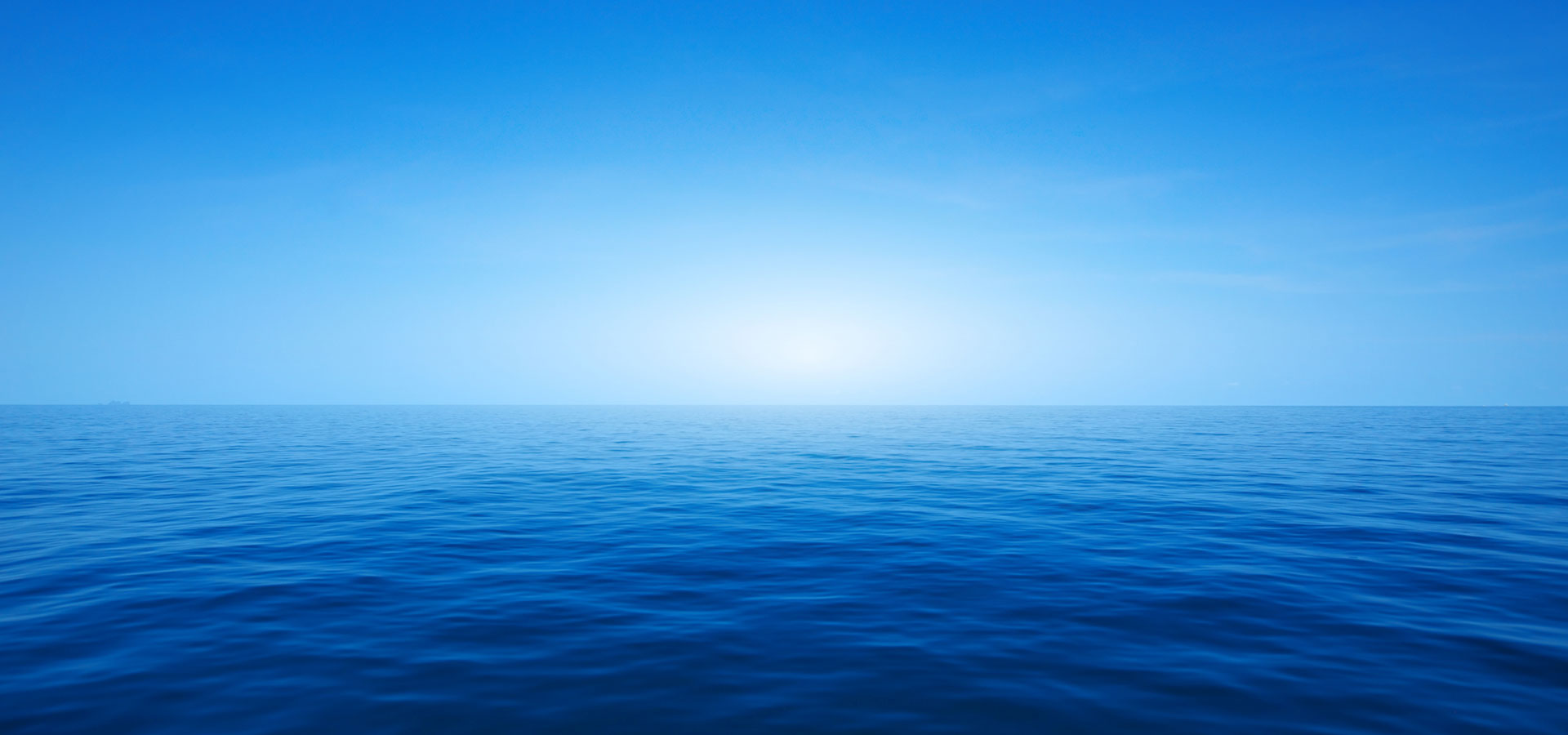
Bring Your Own Spoon
Successful entrepreneurs often question societal norms, push for innovative solutions and take risks that others wouldn’t dare. Using both their imagination and determination these people uncover new ideas and new solutions. There’s an ever-increasing number of entrepreneurs who are focused on helping to solve social problems and are motivated by a brighter, more sustainable future. I’m fascinated by their ingenuity and relentless passion for change. Catherine Greener, international sustainability consultant and change-agent fits into all of these categories. In a recent conversation with Catherine, she shared her motivation for her philanthropic efforts with me, and it struck me that you never know where your next motivation will come from.
Last week I had the chance to play on the beach of Miami during my layover between the Dominican Republic and Denver. Passionately removing my flip-flops as quickly as possible to make my way to the waves crashing ashore. Looking up at the sun, I felt something dancing around my foot, I smiled and assumed it was a small fish. Surprisingly it was no fish, it was a small plastic spoon. This moment motivated me to take action.
Our oceans are filling up with plastic—all kinds of it. I do my part as a sustainability consultant to remind people every day that every piece of plastic that ever was/ and is—that is unless it made it to a waste-to-energy incinerator—are turning our oceans into plastic soup. Our oceans have very large garbage patches floating in them, the largest is now greater than the size of Texas. High concentrations of all types of plastic fill the ocean—everyday items like shopping bags, water bottles, packaging, and even toys. If it’s made of plastic, it’s in our ocean.
Our actions have consequences. Over 44% of all seabirds eat some form of plastic, because they think it’s food. And why shouldn’t they? They have evolved thinking that the colorful floating material is a yummy sashimi snack, not a cigarette lighter, or a plastic spoon. Which means plastic is getting into our food chain, which means it is getting back into us.
Our consumption has consequences. Good and bad. We need to maximize the good and eliminate the bad. And I have incredible optimism and hope for human goodwill and the ability to change when we want to.
Our disposal culture must come to an end. I don’t know about you, but I want to collect seashells on the beach, not bottle caps. As our disposal culture comes to an end, it is inspiring new markets, new innovations, new sustainable consumer behavior, and inevitably a more sustainable future. The new sustainable consumption era can begin with a single spoon. Small, simple steps go a long way. When you are shopping look for biodegradable and/or more sustainable options. Ditch plastic water bottles and opt for a stainless steel or glass container. And when you, your family, or your friends are eating out, start a trend, be cool, and bring your own utensils.


Uncommon Person: Chad Hutson

Our Internal Learning & Impact at Bulldog Drummond

The One Decision by Employers in 2021 that Means Everything

What I Wish I Knew

Standing Up Inside

Uncommon Person: Gregg Imamoto

Five Things Every Company Should Know about ESG

Redefining Value

Uncommon Person: Chris Baréz-Brown

It’s Time For A Whole Lotta Common Good

Did You Choose Humanity?

Uncommon Partnership: Violux

Here’s How

Uncommon Person: Santhosh Nair

Designing Strategy For A Complex World

Responsibility & Relevance for Brands

